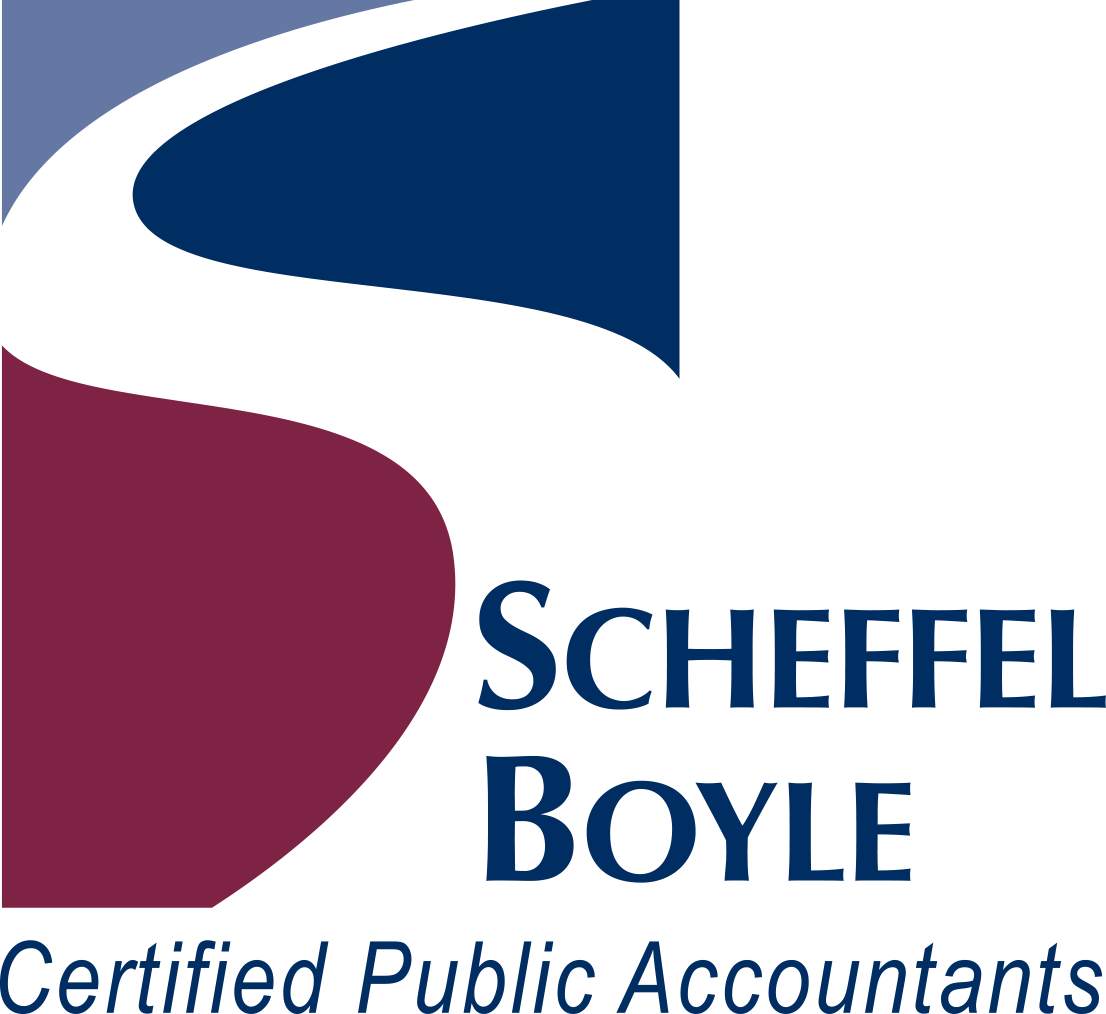Most individuals don’t regard themselves as businesses, trying to turn a profit and beat the competition. But, occasionally, it may help to look at your financial situation this way to determine where you might cut expenses and boost cash flow. Here are some tips.
Lay Out Your Financials
Where an executive might reach for financial statements to get a read on the company’s standing, you can create or update a net worth statement. Essentially a monetary scorecard, a net worth statement helps you determine where you stand financially and whether you’re on track to meet your goals.
You can calculate your net worth by adding all your assets, including cash and cash equivalents, brokerage account balances, retirement funds, real estate and other fixed assets and personal property. Then subtract your liabilities, including mortgages, personal loans, credit card balances and taxes due.
The result provides some important clues about where your money is going and how you might be able to trim spending and increase savings. Are you overrelying on credit cards with high interest rates? Could you cut back on food or entertainment costs?
Practice Risk Management
To maintain their companies’ financial health, business executives also practice risk management. You can do the same by first assessing compensation and benefits elections. A major life change — such as a marriage or birth — may require an update to your W-4 withholding allowances with your employer.
Unexpected medical costs can be a huge risk. Review your health insurance to ensure it’s providing the best value. Now might not be an ideal time to switch to a spouse’s plan but, if it’s a better deal, perhaps make a note to do so when you can. Also, if you have a Health Savings Account or Flexible Spending Account, make sure you’re using it to your full advantage.
Think about other insurance, too. Perhaps your home has increased in value, necessitating a corresponding increase in your homeowner’s coverage. Or maybe you no longer have enough life insurance to protect your growing family. Talk to your insurance professional to determine the right amount of coverage.
Finally, check your credit report. If you wait until something is obviously wrong, it may be too late to prevent significant damage. Federal law requires the three major credit reporting agencies to provide you with one free report per year.
Think About Retirement
Business owners must think about succession planning. But even if you don’t own a company, you should think about life after employment.
If your employer allows you to adjust your retirement plan contributions during the year, consider boosting them to take full advantage of tax-deferred compounding and, if available, employer matching. Similarly, if you plan to make an IRA contribution this year, do so as early as possible to give your assets more time to grow.
Also review your estate plan and, if necessary, update it. Financial priorities change over time, so make sure the beneficiary designations for your retirement accounts and insurance policies still match your wishes. Check your will or living trust to ensure no changes are necessary. And, if you’re looking to reduce the value of your taxable estate, remember that you can make $15,000 ($30,000 for married couples) in annual exclusion gifts per recipient this year without using up any lifetime exemption.
Get Rolling
Some might say that the beginning of the year is the most important time for financial planning. Others might say it’s year end, when you start preparing to file your tax return. In truth, the whole year is important. And right now, with the arrival of spring and the year well under way, is a perfect time to adjust objectives set a few months ago — and really get rolling. Contact us for help.
Copyright © 2019





